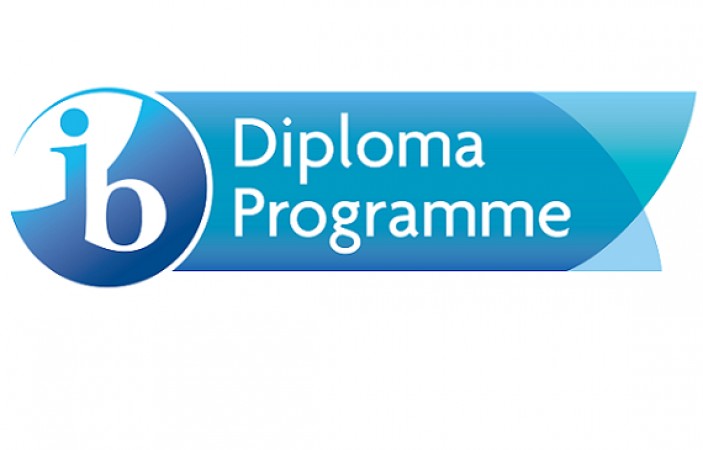
Subject choices are a big deal when it comes to enrolling in the IB Diploma Programme. And it can be a bit confusing considering all the options you find when doing your research. There are six subject groups as well as three core components that you must take as an IB diploma student. The subject areas are divided in Higher Level and Standard Level categories. Most schools offer even more subject choices in order to provide their students the opportunities to choose the combination of subjects that best matches their abilities, interests, and future as aspirations. Schools need information about subject choices early since your subject selections determine the timetable, recruitment, staffing, and resourcing for the academic year. Therefore, you will need to do thorough research ahead of time regarding which subjects to choose.
Following are some tips that will help you with your selections:
1. Choose Your Subjects with University Entrance in Mind
Choosing the right subjects at the right levels for the courses you are interested in allows you to avoid limiting your options. So, make sure to choose them with university entrance in mind. For example, prospective law students should take English A HL in order to demonstrate strong writing and critical thinking skills, medics should select Chemistry and Biology at HL, future Engineering students will need to choose Mathematics and Physics HL, and those interested in studying Economics at top universities in their area will need to choose Mathematics at HL.
2. Research Subjects You Are Unfamiliar With
If you don't know much about the IB subjects that the school offers, then it is recommended that you do your best to find out more about them. You can do this by researching the syllabus details on the IB's website, talking to students who take the subject, talking to the subject teacher, consulting a tuition center that specializes in that subject e.g. IB economics tuition in Singapore, talking to a university guidance counselor, etc. You may not find a subject interesting until you get to learn more about it. That's why doing proper research about unfamiliar subjects is a good idea.
3. Select the Most Rigorous Subject Combination
You will need to select a rigorous subject combination in order to make sure that you have as many opportunities to enter the universities of your choice as possible. It is recommended that you choose wisely to make sure that you are not overburdening yourself with the challenge that you cannot handle. A good strategy here is to choose more challenging subjects at Standard Level or choose one or two subjects that are compensating with other subjects that you can easily manage in order to create a balanced IB diploma subject combination. Choosing the easiest combination of subjects is not recommended as universities look for students who push themselves academically rather than securing a high score.
4. Understand the Difference Between Higher Level (HL) and Standard Level (SL)
If you choose a subject at Higher Level, then it means you will be studying all the Standard Level material as well as an additional extension. So, it would be a good idea to learn exactly what additional assessment and content is required for a subject at Higher Level. For some subjects, the High-Level extension material is more challenging and extensive than in other subjects. Understanding the difference between HL and SL will help you decide which subject to take at which level.
5. Understand How Subjects Are Assessed
All IB diploma subjects are assessed to some extent by internal assessment and external assessment. Internal assessment usually means an assessment by your teacher through coursework and external assessment refers to the assessment performed by examiners. The balance of these assessments varies from one subject to another. Most subjects are assessed via exams while others like theatre and visual arts don't have any written exams. Furthermore, some subjects require short answers while others require more essay writing. Knowing your strengths as a student can help you decide which subjects are more suitable for you.
6. Ignore the Extraneous Factors
Sometimes students take extraneous factors into consideration when making their choices. For example, choosing a subject taught by a teacher they like or selecting the same subjects as their friends. While it can be sometimes helpful to have social confidence or support in a reliable teacher, it is not a good strategy to base your decisions on such factors. Similarly, students sometimes avoid selecting certain subjects because they are rumored to be the most difficult. When choosing your IB diploma subjects, you shouldn't over-rely on these extraneous factors and make your decision after getting all the facts. These are some of the guidelines that will help you choose the right IB diploma subjects. Keep in mind that most schools have a grace period at the beginning of the academic year which allows students to change their subject choices. So, if you change your mind, know that you will have that option available.
Recruitment for posts of presiding officer, Here's last date to apply
Maharashtra HSC Result 2020: Big shock to students, results will not be released today
Delhi: Results of 400 CBSE 12th students not announced, know the whole matter